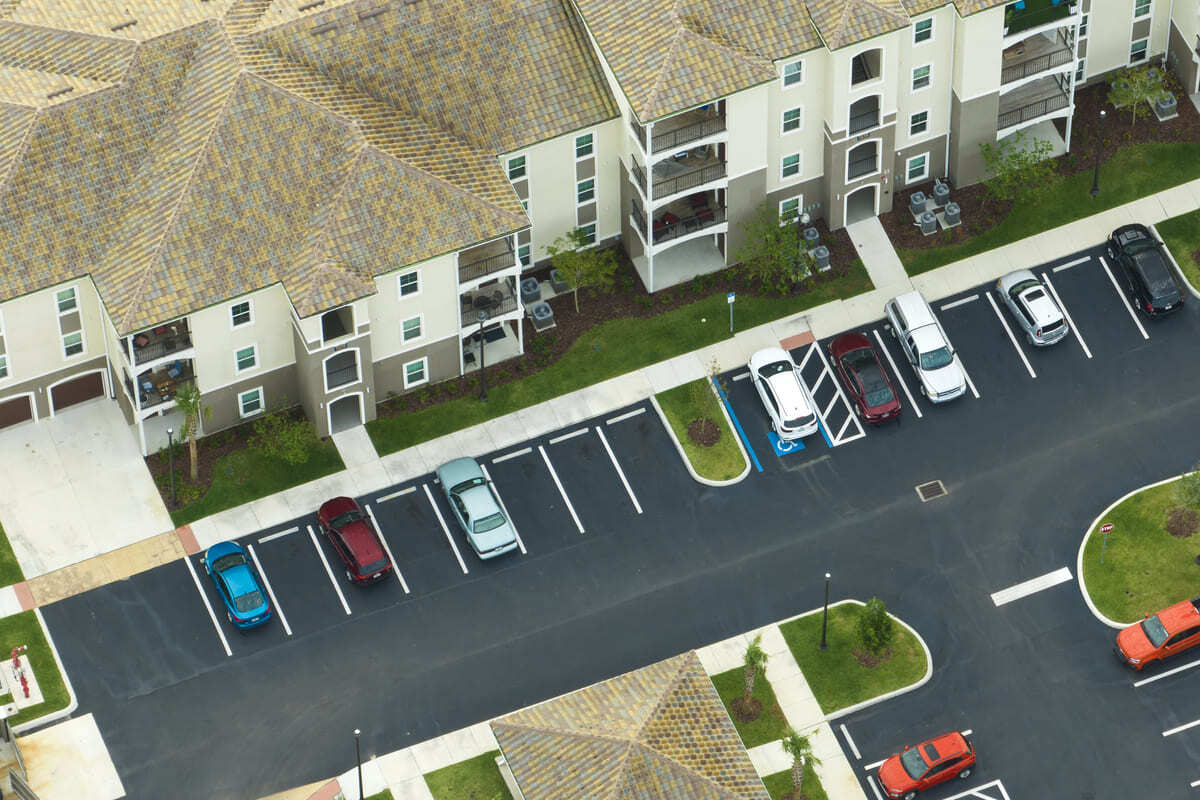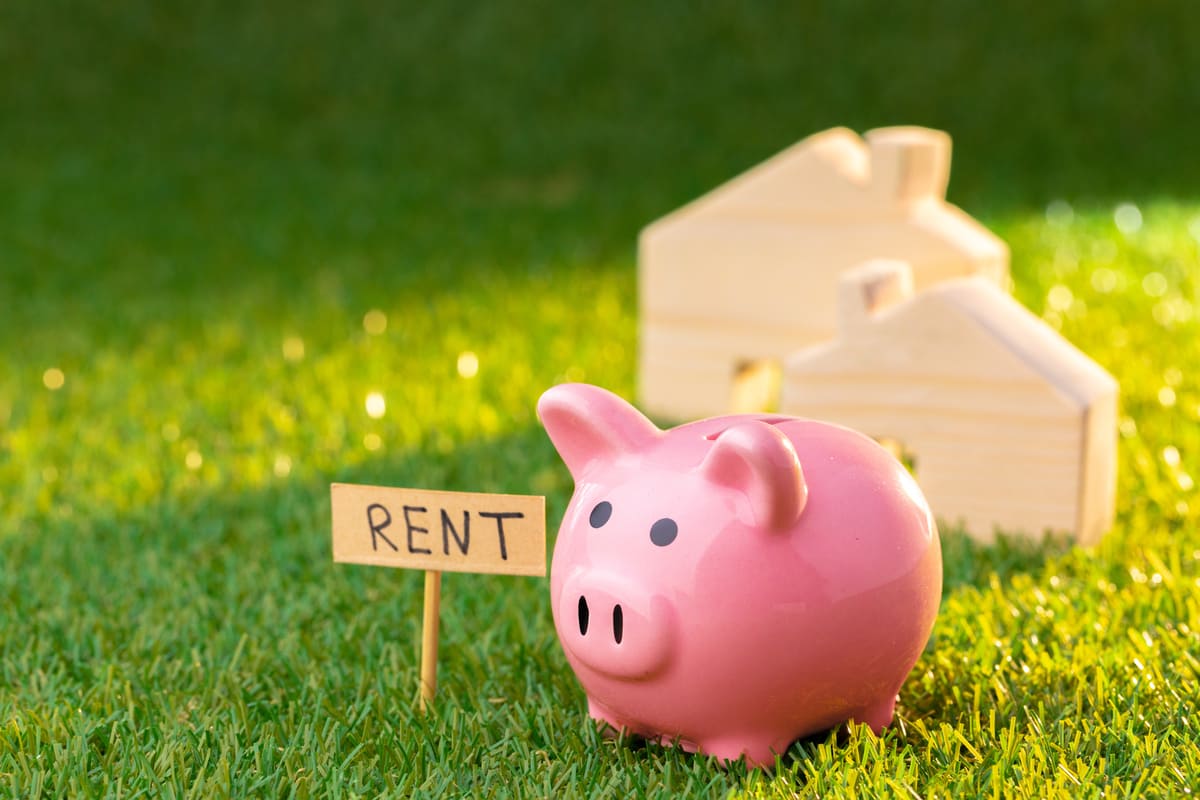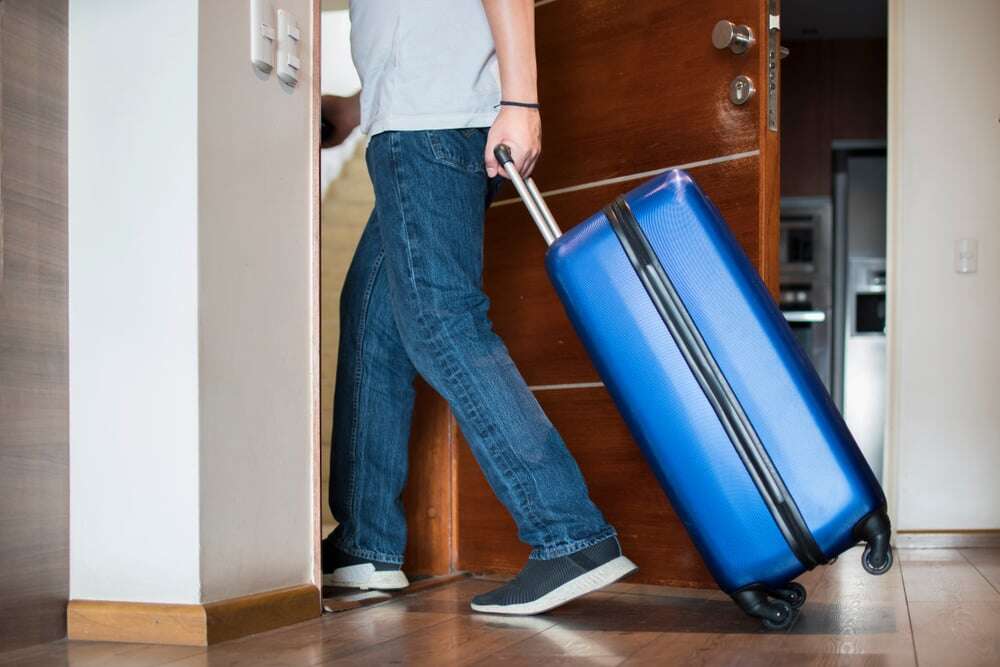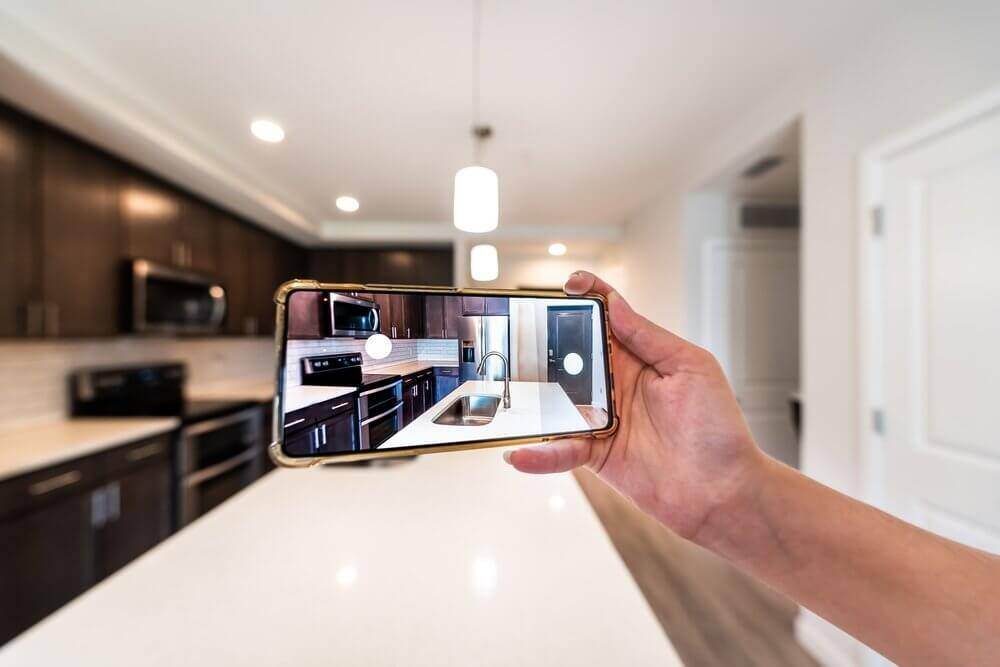Moving to a new apartment can be both exciting and overwhelming. There are several things to consider, whether moving across town or out of state, to make the process as smooth as possible. Packing, managing logistics, and finally settling into your new space can feel daunting without a plan in place. In this guide, we’ll walk through the key steps to help you stay organized and avoid common pitfalls so that your move feels more like a fresh start and less like a stressful ordeal.
1. Plan Ahead: The Key to a Smooth Move
The secret to a smooth move is planning. The earlier you start preparing, the more manageable the process will be. Begin by creating a timeline that includes all the major steps of your move, such as:
- Giving Notice: If you're currently renting, make sure to give your landlord the required notice as specified in your lease.
- Booking Movers: If you plan to hire professional movers, make sure to book them early. Moving companies can fill up fast, especially during peak seasons like summer or the end of the month. If you’re planning a DIY move, reserve a moving truck or van well in advance.
- Gathering Supplies: You’ll need boxes, packing tape, bubble wrap, and markers to pack up your belongings efficiently. Try to gather your moving supplies at least a month ahead of time. You can often find free boxes at local grocery stores or online marketplaces.
Creating a checklist will also help keep you on track and ensure nothing is overlooked during the hustle and bustle of the moving process.
2. Declutter Before You Pack
Before you start packing, take time to declutter your current space. Moving is the perfect opportunity to get rid of items you no longer need or use. Go through your belongings room by room, and create piles of items to keep, donate, sell, or toss.
- Clothing: Have you worn it in the last year? If not, it may be time to donate it.
- Furniture: Will your current furniture fit in your new apartment? If not, sell or donate pieces that won't work.
- Kitchenware: Get rid of duplicate items or appliances you no longer use.
The less you have to move, the easier and more cost-effective your move will be. Plus, starting fresh in a new apartment with only the essentials can feel incredibly liberating.
3. Packing Tips for Efficiency
Packing is perhaps the most time-consuming part of any move, but with the right approach, it doesn’t have to be a headache. Here are some packing tips to make the process more efficient:
- Start Early: Begin packing non-essential items a few weeks before the move. This includes things like seasonal clothing, books, and décor.
- Label Everything: Clearly mark each box with its contents and which room it belongs in. This will make unpacking much easier.
- Pack by Room: Instead of packing items randomly, pack each room one at a time. This helps keep things organized and reduces the chances of things getting lost or misplaced.
- Use Wardrobe Boxes: Wardrobe boxes allow you to move your clothing while it’s still on hangers. This can save time and prevent your clothes from getting wrinkled.
- Keep Important Items Separate: Pack a small suitcase or box with essential items you’ll need during the first few days in your new apartment. This can include toiletries, a change of clothes, and important documents.
To avoid any last-minute packing rushes, aim to have the majority of your belongings packed up at least a day or two before the big move.
4. Handling Logistics: Moving Day Coordination
Moving day can feel chaotic, but good coordination will help things run smoothly. Here’s how to ensure a well-organized moving day:
- Confirm Details with Movers: If you’re hiring a moving company, call them the day before to confirm the time they’ll arrive and any additional details.
- Arrange for Child or Pet Care: Moving can be stressful for children and pets. Consider arranging for a babysitter or having a friend watch your pet on moving day to reduce distractions.
- Take Photos of Important Items: Before packing up electronics or valuable furniture, take photos to document their condition. This can help with insurance claims if anything is damaged during the move.
- Prepare for the Movers: Have your boxes stacked and ready to go. If you’re moving large furniture, make sure the movers can easily access all areas of your home.
Once your belongings are loaded up, do a final walkthrough of your old apartment to make sure nothing is left behind. Don’t forget to check closets, cabinets, and drawers!
5. Settling In: Making Your New Apartment Feel Like Home
Unpacking can feel overwhelming, but taking it one step at a time will help you settle in quickly and comfortably. Here are some tips for a seamless transition:
- Unpack Essentials First: Start by unpacking the items you’ll need right away, like bedding, toiletries, and kitchen essentials. This way, you’ll have the basics in place while you continue unpacking the rest of your belongings.
- Set Up Your Furniture: Arrange your furniture as soon as possible so you can start feeling settled. If you have a plan in mind for how each room should look, this process will be much smoother.
- Change Your Address: Don’t forget to update your address with the post office, your bank, credit card companies, and any subscription services. It’s also important to notify your employer and any relevant government agencies of your new address.
- Introduce Yourself to Your Neighbors: Building relationships with your neighbors is key to feeling comfortable in your new apartment. Take a few minutes to say hello to the people living near you. They might have helpful information about the community or tips about the building’s amenities.
While the process of unpacking can take time, focus on making your new space functional and welcoming as soon as possible.
6. Know When to Call the Apartment Manager
Moving into a new apartment isn’t just about unpacking boxes—it’s also about making sure everything is in good working order. Before fully settling in, take some time to inspect your new apartment for any maintenance issues.
- Check Appliances: Ensure that all appliances are working properly, including the refrigerator, stove, washer, and dryer.
- Inspect Plumbing and Electrical: Check for any leaky faucets, running toilets, or electrical outlets that aren’t functioning.
- Test Smoke Alarms: Make sure all smoke and carbon monoxide detectors are operational.
If you discover any issues, don’t hesitate to contact your apartment manager or maintenance team to get things resolved as soon as possible. It's better to address problems early on rather than waiting until they become bigger issues.
A Fresh Start
Relocating to a new apartment can be both exciting and challenging, but with proper planning, the process can be smooth and even enjoyable. By organizing your move, packing efficiently, and staying proactive about settling in, you’ll be able to enjoy your new space in no time. Remember to take things one step at a time, and don’t hesitate to ask for help when needed. Before you know it, your new apartment will feel like home, ready for all the new memories you’re about to make.









